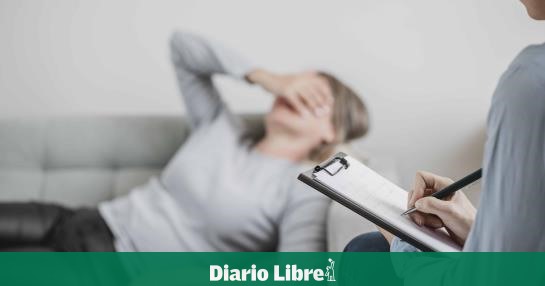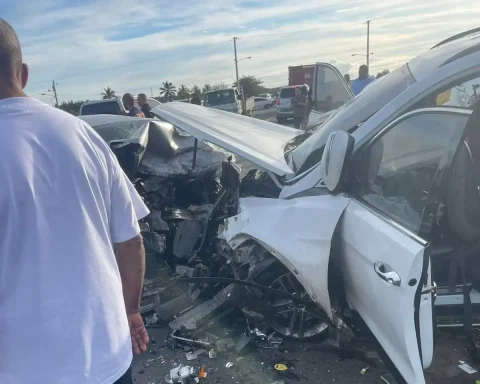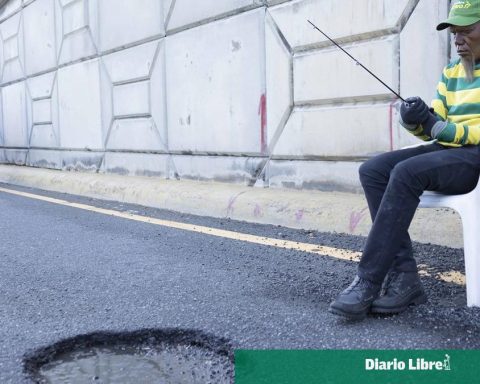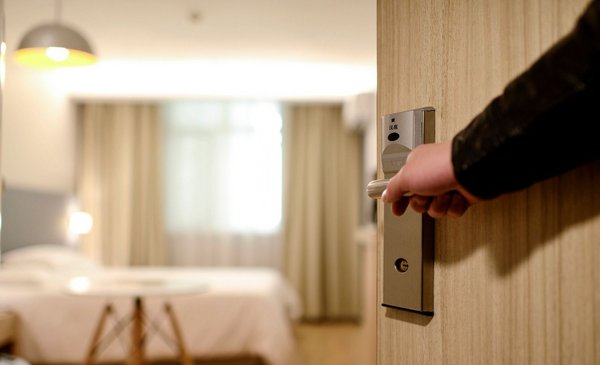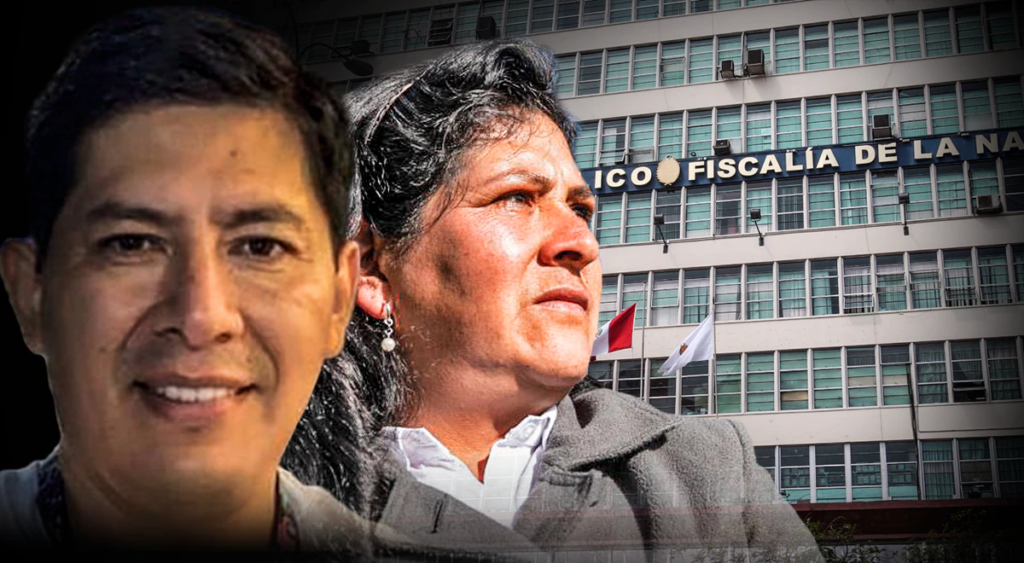The president of the Dominican Society of Psychiatry, Julio Chestaroassured that, at present, disorders due to anxiety are the main reason for consultation in the area of mental health.
For the year 2019, the Dominican Republic maintained statistics indicating that, out of every 10 people, two suffered from a mental disorder. Although no new studies have been carried out to update the figures, Dr. Chestaro dares to affirm that after the COVID-19 pandemic, his private practice has increased by up to 40%.
“In 2019 it was said that, in the Dominican Republic, 20% of the population suffered from some mental disorder. Of a total of approximately 10 million people, we are talking about two million being affected and that is a lot”, he pointed out.
He explained that not all mental disorders they entail pictures where people wander the streets, but there are people who right now are sitting at work, fulfilling their duties and have problems with mental health.
The most frequent disorders are in the area of anxiety (anxiety generalized, panic and phobias). It is followed by depression and substance abuse in third place.
The psychiatrist recalled that alcohol can be classified as a drug, “and alcohol abuse here is high.”
Continuing the list is the Bipolar disorder and to a lesser degree, the schizophrenia whose incidence is less than 1%.
“We must understand that, just as we must annually give ourselves a physical message, when we talk about health in general, if we do not include the concept of mental health we cannot talk about health, we see that there is a great correlation between illnesses of the mind and illnesses of the body”, stated Chestaro.
An example of this is that patients with Parkinson’s are more likely to suffer from anxiety and depression. Patients with diabetes also have a high rate of depression. Schizophrenics have more metabolic and cardiovascular complications and a high level of smoking.
“Physical and mental health go hand in hand. If one fell, the other fellPsychiatrist
Mental health in the DR
The doctor understands that The Dominican Republic is not giving the necessary importance to mental health problems.
The warning signs will depend a lot on what the disorder is, for example, a patient who is not sleeping, who is verbose, talking more than he usually does or a topic that is not his usual approach.
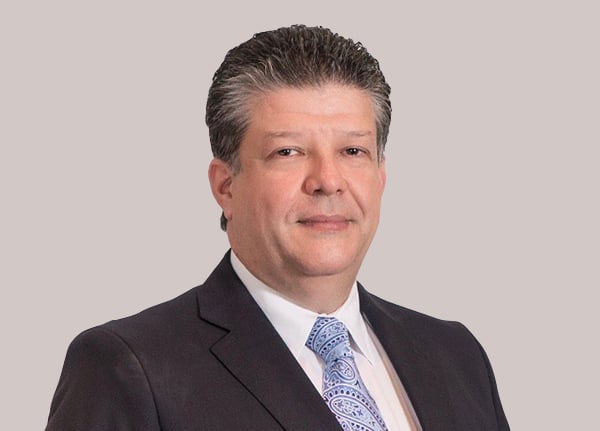
“If I am not a believer or religious and suddenly start talking about spiritual issues, that draws attention. But in the same way, if I am a spiritual person and I start using rotten and vulgar words, that also attracts attention. If I am a normally peaceful person and suddenly I am very irritable and I fight about everything. If I am an active person and suddenly I am very subdued, that I do not want to leave the room, that I do not want to share with the family, those are also signs”, he explained, emphasizing that the important thing is to see why that person is different.
There are multiple scenarios to attract attention. In all of them the word that unites them is “change”.
One aspect that he highlighted is that “a person who is downcast and sad one day is not the same as having his head downcast and sad for two or three weeks. You have to see it in the context of behavior over time. One day it can happen to anyone, waking up not wanting to go to work or go to university, maybe if they had a bad night or for whatever reason, but the next day they get up and continue with their duties.
Stigma
Unfortunately, we still carry a lot of stigmatization regarding mental illnesses and the sad thing is that because of that same stigmatization, we lose many lives.
According to the statistics handled by the psychiatrist, in the Dominican Republic the suicide rate is around 1.7 people per day“when we do the calculation per year, we are losing between 600 and 700 people per year, many of them people who could have been sought help”.
The doctor emphasizes that many times the relatives themselves “understand that it is something temporary that time will take care of and they tell him: you have to do your part, you will not get out of there if you do not do your part, as if the disease was something voluntary.
Mental illnesses are the same as other illnesses, no one thinks of telling a person with a broken leg not to put on the cast, get up, you can, you are strong, but a person with a fractured mind does we say that.”
On top of what that patient is suffering, we are telling him that he is like this because he is “soft or lazy”, as if it were an attitude issue, he added.
These comments usually come from the closest people, from the patient’s support system. “If my family doesn’t understand me, who will understand me? If my family doesn’t help me, who is going to help me?” Those are the questions that the affected person asks himself.
Another aspect is that, depending on the condition, there are people who believe their delusion and for them, what their mind tells them is real. That patient is not going to seek help by himself and it is up to the family to take him to receive that help.
Increase consultation after COVID
The increase in patients has increased after the COVID-19 pandemic, both at the public and private levels.
I would say it has increased. about 40%. The patients cannot sleep and are nervous”, the specialist stated.
Viralization in networks
The doctor called for people not to judge or make diagnoses based on what they see on social networks, since there “the news arrives incomplete, it arrives in pieces”.
On recent cases such as the lady who undressed on the subway last Wednesday, the doctor insists that the isolated event should not be evaluated.
“A question that I ask myself with this subway lady is why they didn’t let her pass? The importance lies in that answer. It is not the same that the security saw a strange behavior in the lady from before, that the lady under a reaction of rage did that act, even if it was rage, it indicates that she is a person who has problems managing her impulsiveness and the anger,” he said.
